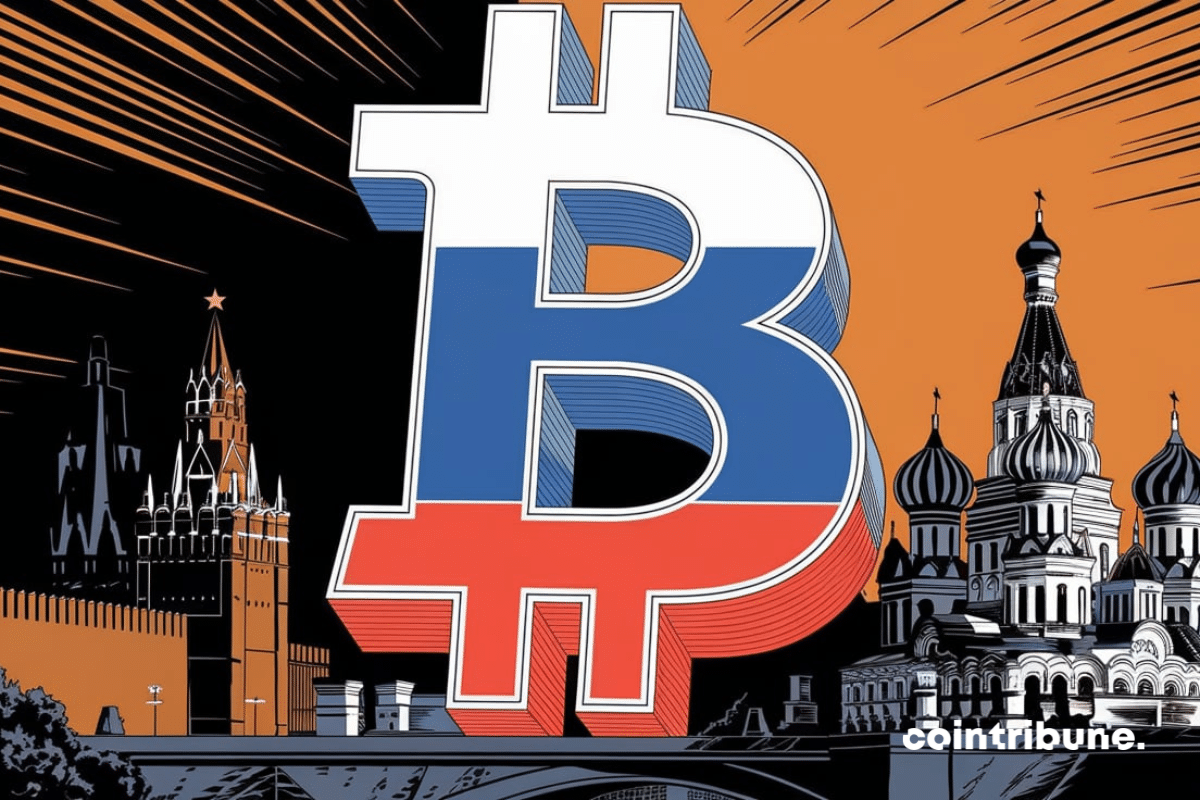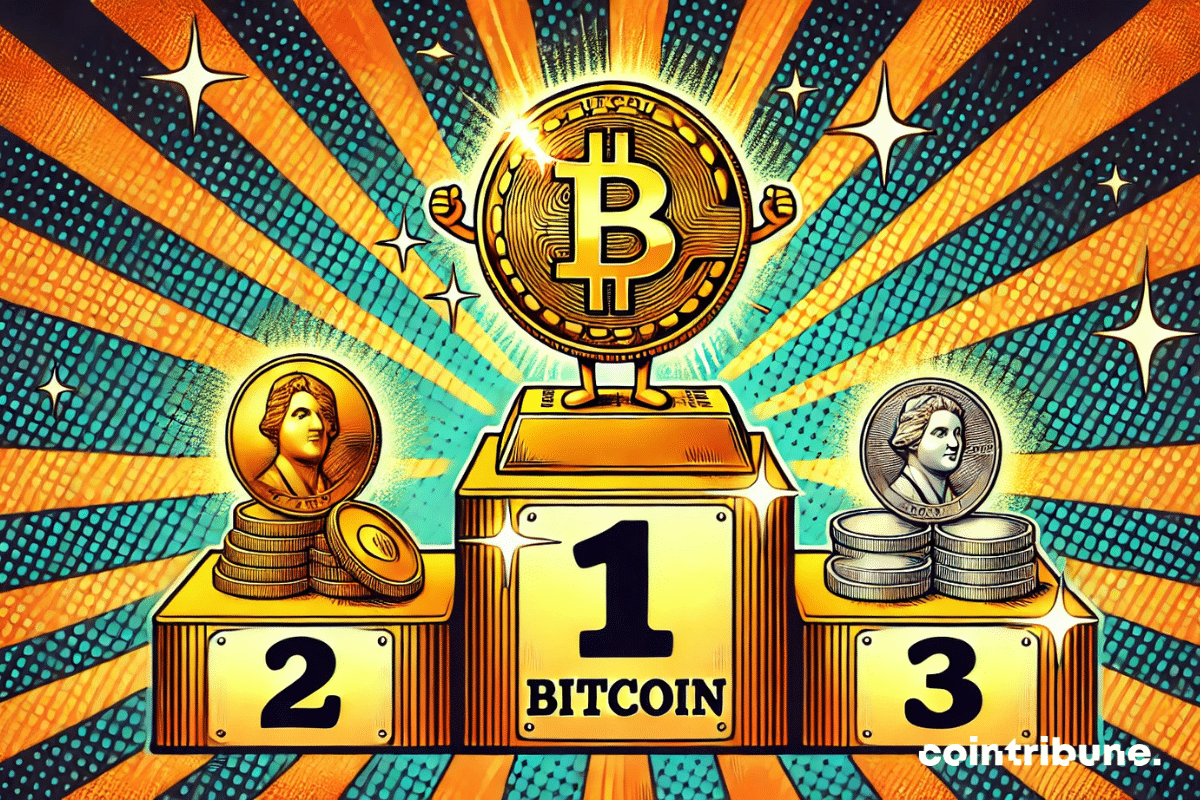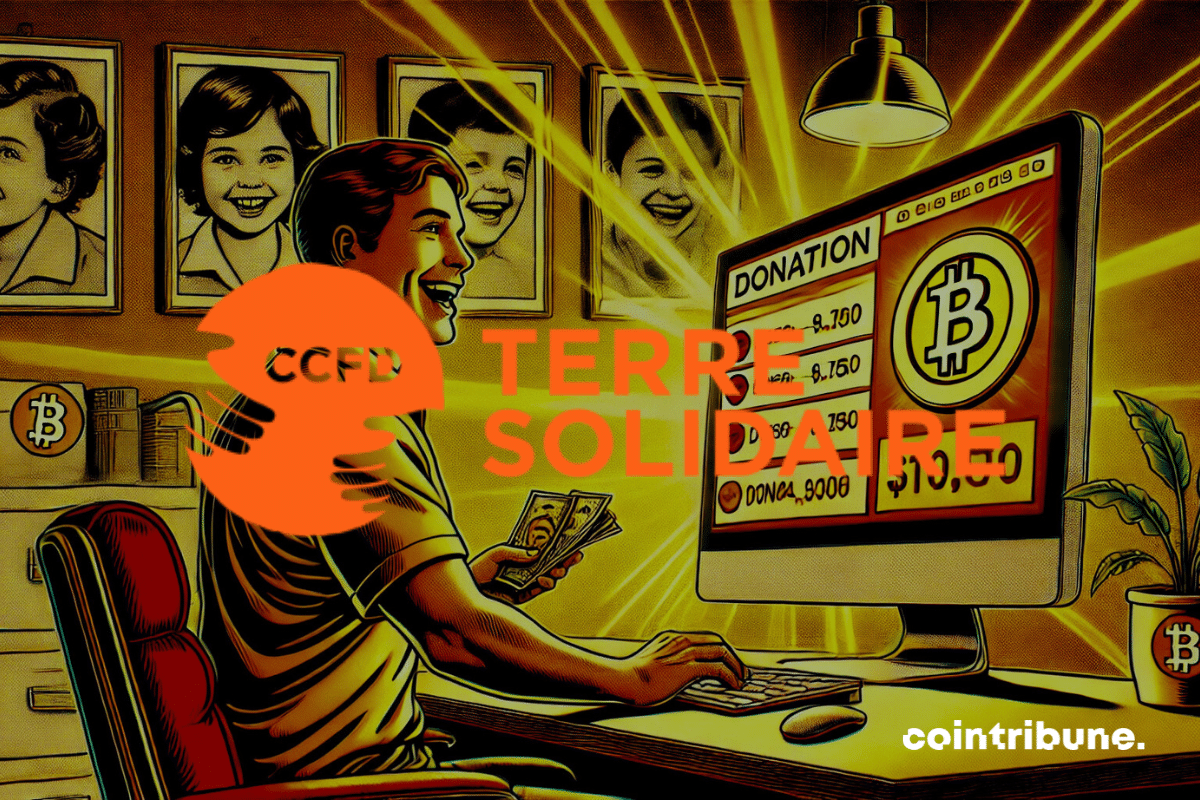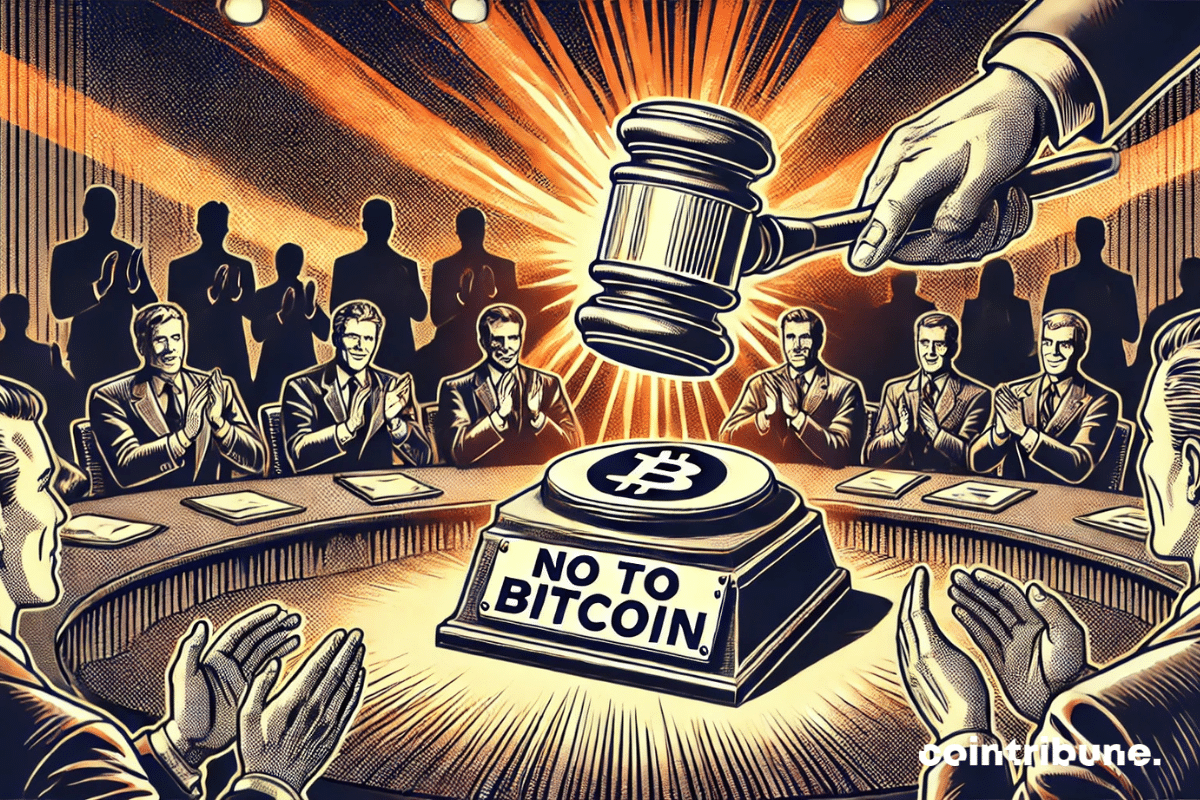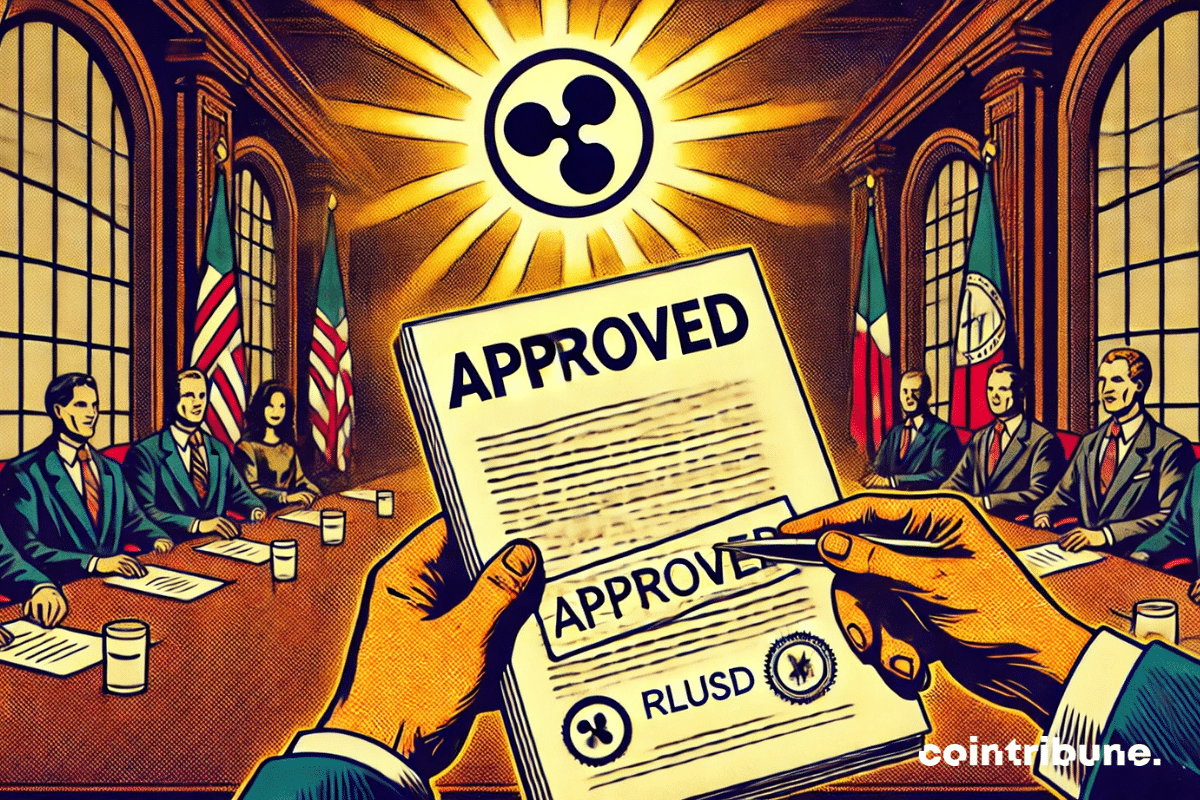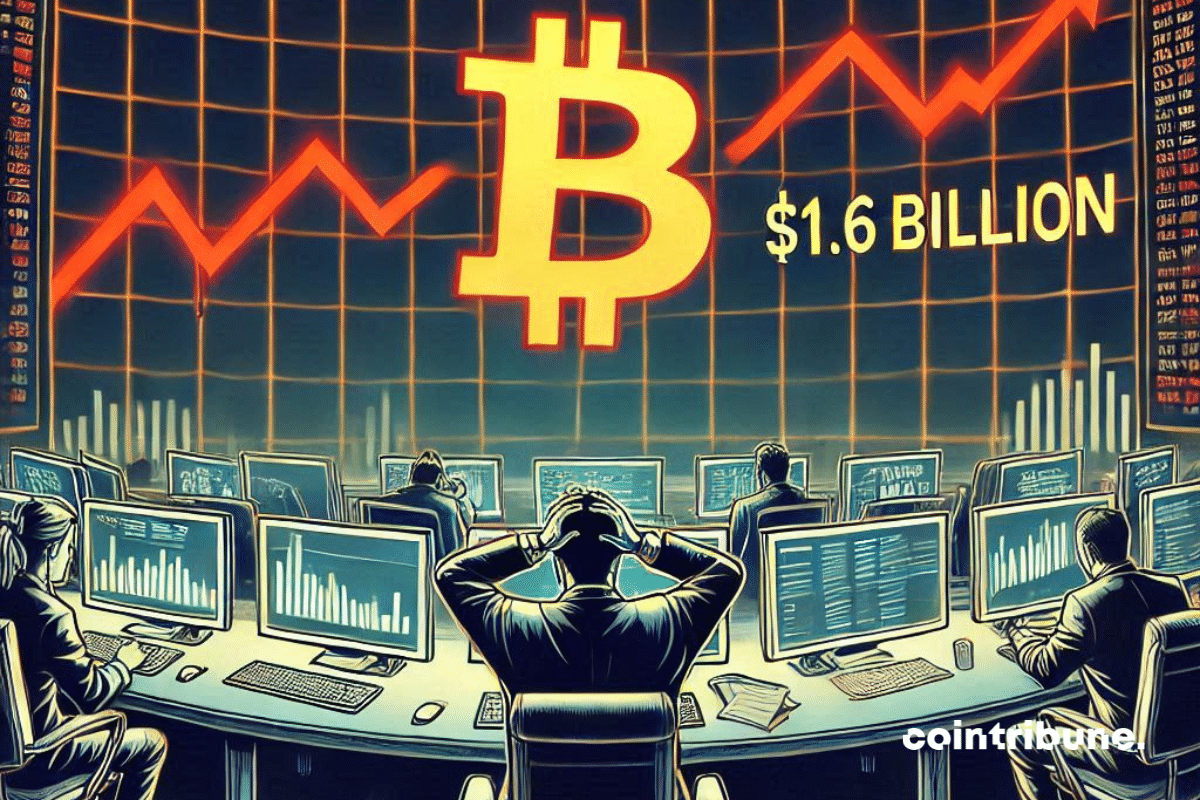Amidst the upheavals of the crypto market, a wisdom awakens: the lows extend, and opportunities whisper to the bold.
Archive 2024
After the United States and Brazil, it is now Russia's turn to consider integrating bitcoin into its foreign exchange reserves!
The turbulence in financial markets amplifies the concerns of investors, who are seeking assets capable of withstanding economic and geopolitical uncertainties. In this context, Bitcoin, gold, and silver emerge as strategic havens. These three assets embody a concrete response to the threats posed by rising public deficits, persistent inflation, and the fragility of traditional bonds. Brian Russ, Director of Investments at 1971 Capital and a recognized expert, sheds light on the emergence of this new dynamic. He analyzes the growing role of these assets in the reorganization of investment portfolios.
Faced with the icy winds of inflation, Vancouver weaves a digital web: bitcoin, a bold weapon, guards treasures against the monetary storm.
The world of cryptos and tokens is constantly evolving, and for those looking to embark on this adventure, the new book by Alexander Rees-Evans, "How to Launch a Token: An Essential Guide for the Uninitiated", is an indispensable resource. This practical guide, published by Springer, offers an in-depth dive into the necessary steps to successfully launch and manage a crypto token.
CCFD-Terre Solidaire is innovating by now accepting donations in cryptocurrencies, combining modernity and solidarity.
For years, Bitcoin has established itself as a central topic in economic and financial debates, deeply dividing opinions. For its supporters, it represents a monetary revolution capable of redefining the rules of the global financial system. Conversely, its detractors denounce its volatility and the risks it engenders, deeming it incompatible with prudent investment strategies. Indeed, Microsoft has added a new episode to this controversy. During its annual meeting, the company's shareholders rejected an ambitious proposal aimed at including Bitcoin in the cash reserves of the tech giant. This decision, made in a context of particularly unstable financial markets, raises questions about the role of cryptocurrencies in the asset management strategies of large companies. Between the opportunity for diversification and caution in the face of uncertainty, the debate intensifies and reflects much broader stakes for the future of cryptocurrencies in the global economy.
The regulation of cryptocurrencies continues to redefine the contours of a rapidly changing sector. In this dynamic, Ripple, one of the leaders in blockchain solutions, has just received historic approval from the New York Department of Financial Services (NYDFS) for its stablecoin RLUSD. This approval comes after several months of deliberations, consolidating Ripple's position in a highly competitive market. As stablecoins increasingly play a strategic role in digital finance, this development raises notable questions: how does Ripple plan to capitalize on this regulatory validation? Can this advancement reshuffle the deck against major players like Tether and Circle? The stakes are immense, both for the future of RLUSD and for the entire stablecoin ecosystem.
A fascinating chaos is shaking the crypto world: Coinbase, as an improbable puppeteer, triggers a ballet of $1.6 billion in liquidations, leaving traders and altcoins in tatters.
For several months, investors have been turning their attention to crypto ETH, hoping for a significant jump in its value. However, forecasts do not seem to favor the giant of smart contracts. According to the onchain options protocol Derive, the probability that Ethereum will reach $5,000 by the end of 2024 is less than 10%. This observation is striking, especially since massive inflows into spot Ether ETFs seem insufficient to reverse the trend.

